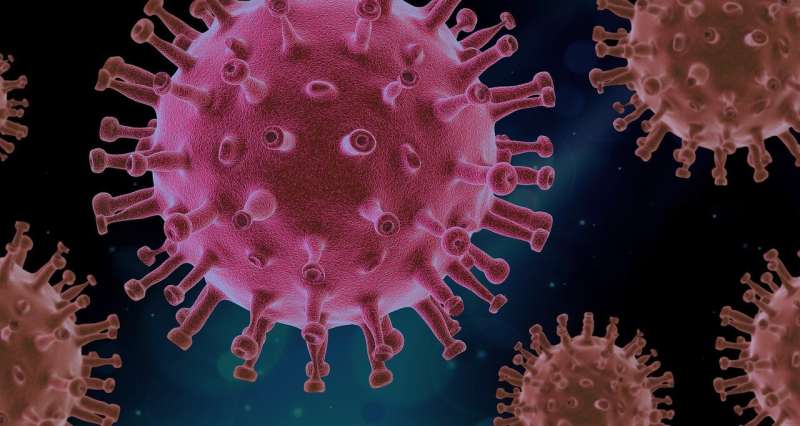Is It Still Worth Getting a Flu Shot in 2025?

Learn why getting a flu shot in 2025 is still highly recommended, even as the season peaks and extends. Protect yourself and those around you by understanding vaccine effectiveness, safety, and timing.
As the seasons change and winter transitions into spring, many people wonder if it’s still beneficial to receive a flu vaccination. Despite the typical peak of flu activity occurring from June to September in Australia, this year’s flu season began earlier than usual. Laboratory data from early 2025 indicate a significant rise—approximately 60% higher than the same period in 2024—in confirmed flu cases. Although numbers have slightly decreased, the season could extend beyond October, potentially leading to more cases.
Getting vaccinated remains a crucial safeguard. It is not too late to receive a flu shot in 2025. The effectiveness of the vaccine varies, but this year's match between the vaccine strains and circulating viruses is approximately 98%, making the vaccine highly effective for current strains. The vaccine primarily targets influenza A, which is known for causing more severe illness, but also provides protection against influenza B.
While natural infection with the flu can offer some level of immunity, vaccination provides more reliable and broader protection, especially critical for vulnerable groups such as the elderly, pregnant women, young children, and individuals with chronic health conditions. Those currently sick with the flu should wait until recovery before getting vaccinated to ensure the immune system can respond effectively.
Vaccine effectiveness typically takes about two weeks to develop and can last a few months. Different formulations are available, including options for those with egg allergies and higher-dose options for older adults. The vaccine is free for certain groups under Australia’s National Immunization Program, including young children, older adults, pregnant women, and Indigenous populations. Others may need to pay a small fee.
Vaccine safety data are reassuring, with most reported side effects being mild and short-lived, such as soreness or fatigue. The vaccine contains an inactivated virus, so it cannot cause the illness.
In summary, even as the seasons shift, getting vaccinated against the flu in 2025 continues to be a wise decision for protecting your health and preventing the spread of illness to others.
Stay Updated with Mia's Feed
Get the latest health & wellness insights delivered straight to your inbox.
Related Articles
What Scientific Research Reveals About Autism
Recent research clarifies that autism is primarily linked to genetic factors, with environmental influences playing a modest role. Early diagnosis and tailored support improve outcomes for autistic individuals. Learn what science says about the causes and support methods for autism.
Moderna Receives Limited Approval for Next-Generation COVID Vaccine in the US
Moderna’s new COVID-19 vaccine received limited FDA approval for high-risk groups, reflecting regulatory changes under HHS leadership amid ongoing vaccine debates. Learn about the vaccine's features and approval details.
High-Intensity Interval Training Increases Cocaine Aversion in Adolescent Lab Animals
Research demonstrates that high-intensity interval training can promote aversion to cocaine in adolescent rats, offering potential new strategies for addiction prevention through targeted exercise protocols.
Harnessing AI to Determine Safe Discontinuation of Antidepressants
Advanced AI models developed by researchers can predict when patients may safely stop using antidepressants, offering a new tool for clinicians to improve medication management and reduce side effects. This innovation aims to support safe deprescription practices in mental health care.



